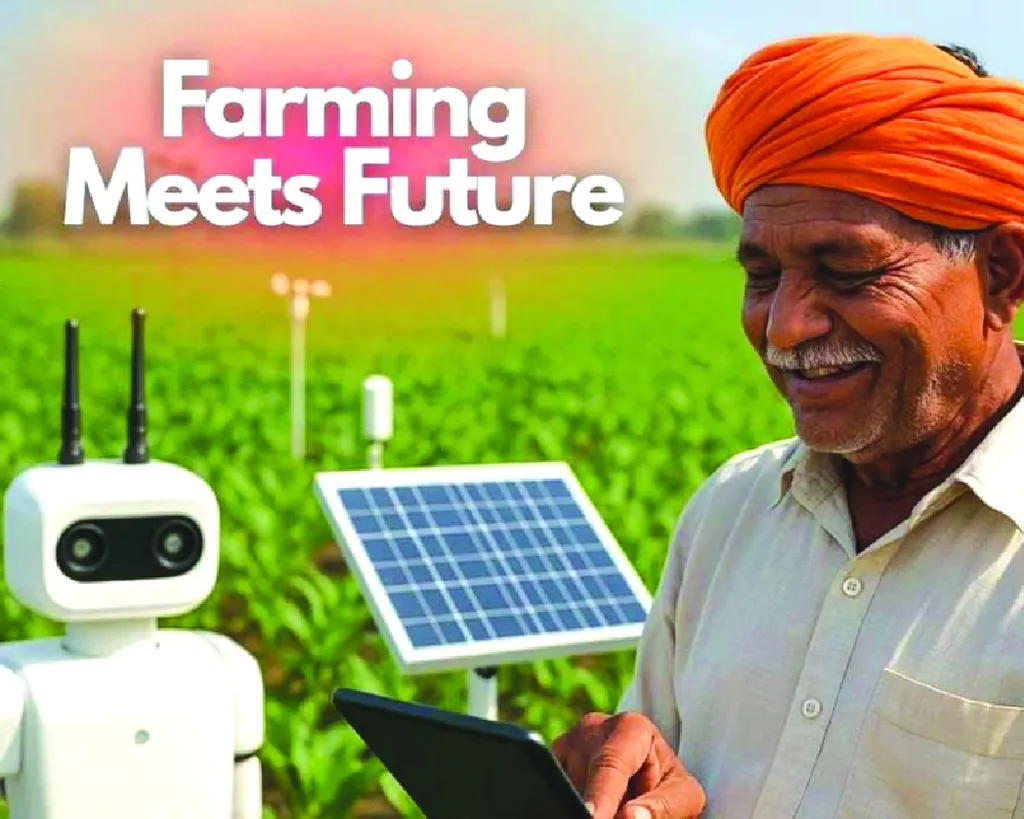In a significant address at an Assocham event, Niti Aayog member Ramesh Chand emphasized the pivotal role of technology-led smart agriculture in building a Viksit Bharat. Chand highlighted the rapid evolution of the agri-tech landscape, encompassing genetic modification, precision farming, data science, and ICT-based advisory systems. He stressed the necessity for farmers to have access to capital, knowledge, and partnerships to adapt to these transformative changes. Chand also underscored the importance of balancing innovation with sustainability, ensuring that technological advancements respect environmental balance.
Chand pointed out that agriculture employs 46% of India’s population, making it the largest contributor to the Viksit Bharat mission. He noted significant growth in tier-II regions such as Assam and Madhya Pradesh, indicating the sector’s potential for widespread impact. The Niti Aayog member also highlighted India’s progress towards value addition and climate-smart agriculture, positioning the country beyond mere food security.
Agriculture Commissioner Praveen Kumar Singh echoed Chand’s sentiments, emphasizing the need for agriculture to be both productive and sustainable. He highlighted the importance of platforms like upag.gov.in, which integrate agri statistics, Fasal Bima, crop yield, and Kisan Credit Card data. These platforms, he said, are crucial for informed decision-making. Singh also mentioned waste-to-wealth initiatives, such as converting crop residues into Compressed Biogas (CBG) and schemes like KUSUM, which link energy efficiency with crop cultivation. He added that digital agriculture and real-time intelligence are being leveraged to make data available in farmers’ local languages, ensuring that every farmer can benefit from technology-driven solutions.
Sagar Kaushik, Global Corporate and Industry Affairs head at UPL Ltd, emphasized the global context, noting that initiatives like COP30 and the United Nations’ climate agenda underscore the need for agriculture to be part of the climate solution rather than the cause. This perspective aligns with the broader goals of sustainable and climate-smart agriculture.
The insights shared at the event underscore the critical role of technology in transforming India’s agricultural sector. By integrating advanced technologies and ensuring accessibility for farmers, the sector can achieve sustainable growth, contribute significantly to the Viksit Bharat mission, and align with global climate goals. The focus on digital platforms, waste management, and energy efficiency highlights a holistic approach to modernizing agriculture, ensuring that it remains productive, sustainable, and resilient in the face of environmental challenges.

